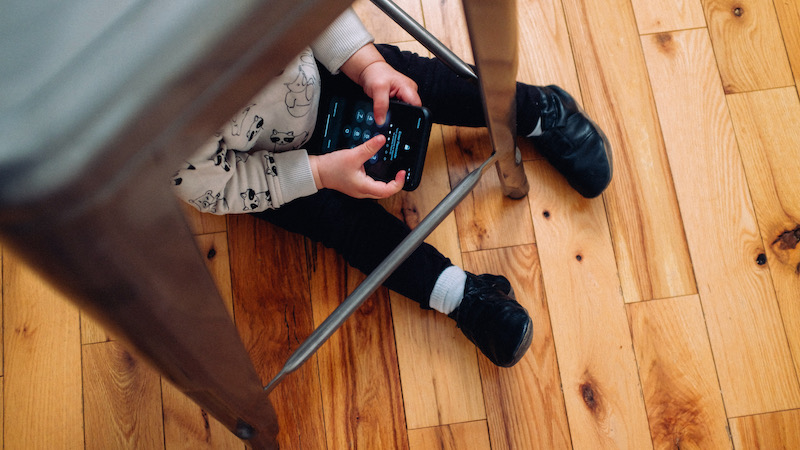We are living in a digital world. Every one of us is plugged in to the internet. Whether it’s looking up recipes, trying to find fun activities to do in our free time, or searching for advice about our kids – we all use the internet every single day. While the internet can be a useful and wondrous place, it can also be one fraught with danger and difficulty – especially when it comes to social media. At Orchard Fostering, we understand the importance of practicing internet safety – read on to find out our top social media tips for foster carers and help the child in your care have the safest possible experience online.
If you’re interested in foster care, please reach out to Orchard Fostering today. We’re available on the phone or via email – you can also fill out a form directly on our contact page.
What is social media?
Social media refers to any website with a ‘social’ function – think Facebook, Instagram, Snapchat, Twitter and TikTok. These sites are mainly populated with user-generated content – posts, pictures and videos created and shared by users of the platform. Social media is one of the most common ways to communicate online – it is where a lot of peer interaction takes place for young people and so they often feel compelled to have an account on a popular platform.
How can I help my child use social media safely?
Using social media safely is of the utmost importance. Social media sites can be breeding grounds for negative thoughts and emotions in a young person – if they are interacting with social media in an unsafe manner, they can cause themselves great emotional and mental harm. As a carer, it is your duty to provide a safe and nurturing environment for the child in your care – both on- and offline.
The major way you can help the child in your care safely deal with social media is to educate yourself about the inner workings of social media and then pass that information on to the child in your care. In other words, communication is key – talk about social media with your child, discuss how it makes them feel and why it makes them feel that way. Be curious, educate your children about the algorithms they are encountering on social media sites and discuss the differences between what they see online and what is actually happening in the real world. If they can understand the unreality of the online spaces they are occupying, it will help them navigate the world of social media. You can also ask for your child’s help in understanding social media, they can be the expert and this can help you keep communication flowing in a healthy way.
Top tips for using social media safely
While getting education on social media is your best bet, there are some more practical tips and tricks to implement, too. Here’s a list of dos and don’ts for social media safety for teens and children:
- Don’t accept friend requests from people you don’t know.
- Do block anyone who is unfriendly or disrespectful.
- Don’t give out personal information to anyone.
- Do be wary of who people say they are online – it can be easy to fake a profile.
- Don’t forget to log out on any public devices.
- Do keep your privacy settings as tight as possible across all sites.
- Don’t give out your password or login details to anyone.
- Do be careful about what your post online – once it’s out there, it’s out there forever.
If you follow these simple tips and tricks, you and the children in your care will have a much more positive online experience of social media. If you’re interested in finding more tips and tricks related to social media, check out internetsafety.ie for more.
Can I post pictures of my child on social media?
You may be wondering whether you can post photos of the children in your care on social media sites like Facebook and Instagram. This is a question we get asked a lot. The general rule is that carers cannot post photos of children in their care on social media sites – this is due to issues around privacy and permissions. Like most things social media related, our guidance and our policy is adapting as time moves on and everyone’s situation is unique, so talk to your Support Social Worker about this.
It is vital to adhere to policies and guidelines regarding setting up social media accounts for young people. We recommend that foster carers talk through this with their support social worker as there are age restrictions and it is often not appropriate to introduce social media accounts to young people.
If you’re interested in foster care, please reach out to Orchard Fostering today. We’re available on the phone or via email – you can also fill out a form directly on our contact page.

